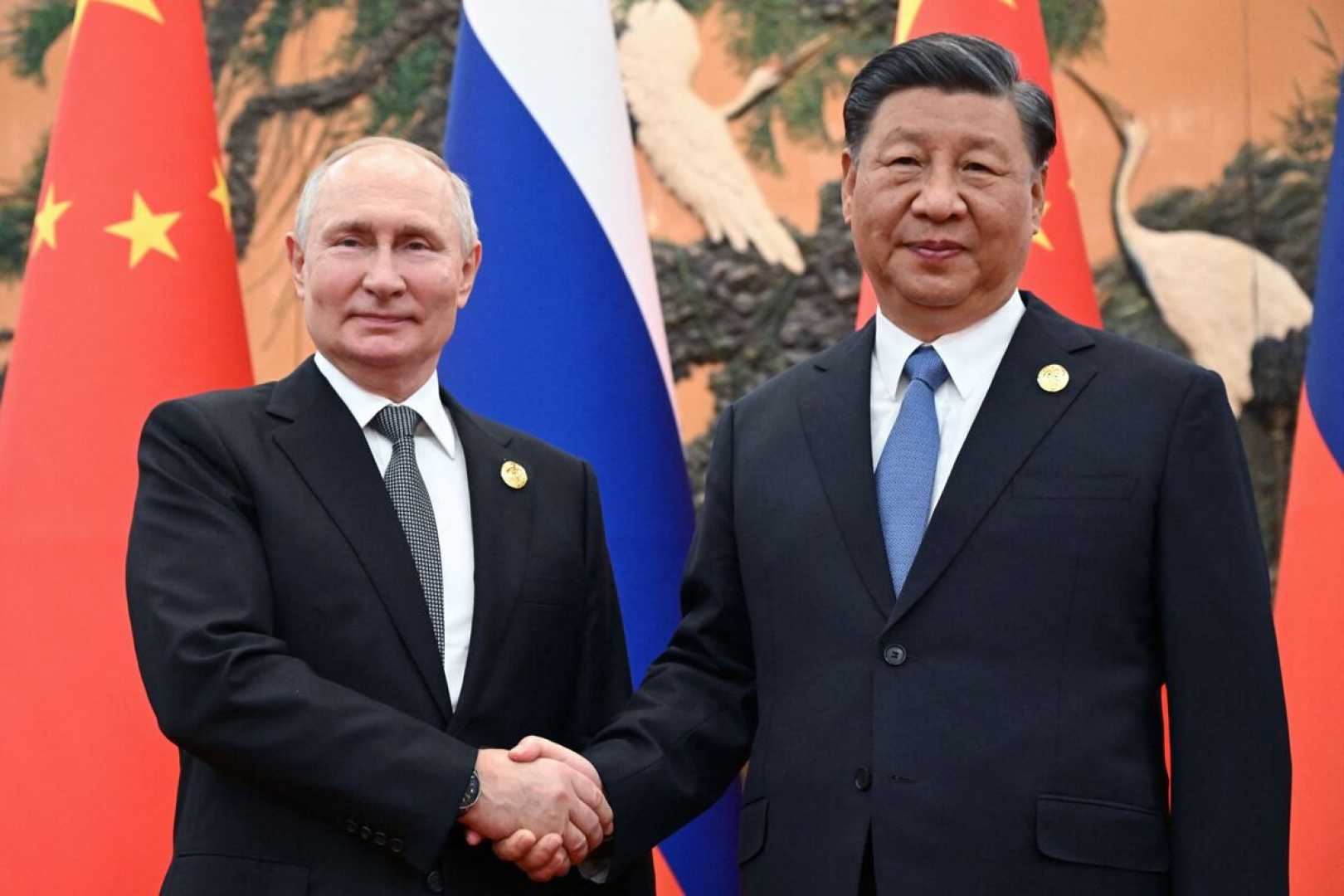Politics
Mongolia’s Upcoming Hosting of Putin Raises International Tensions

On September 3, Mongolia is set to welcome Russian President Vladimir Putin for a visit aimed at honoring the 85th anniversary of the Mongolia-Russia joint victory at the Khalkhin Gol River against Imperial Japan in 1939.
This visit gains significance as, in March 2023, the International Criminal Court (ICC) issued an arrest warrant for President Putin, accusing him of war crimes related to the unlawful deportation of children from the occupied territory of Ukraine. This makes him the first head of a permanent member state of the United Nations Security Council to receive such a warrant from the ICC.
Mongolia, as a member of the ICC and a signatory to the Rome Statute, is expected to uphold the obligations of the court, including the enforcement of arrest warrants. However, given Mongolia’s heavy reliance on Russian energy, it is widely anticipated that President Putin will not face arrest during his visit.
While the ICC expects its member states to cooperate with its mandates, it lacks the enforcement power to compel compliance from sovereign nations. Past incidents, such as the failure of South Africa to arrest Sudanese dictator Omar al-Bashir in 2015, demonstrate the complexities involved in balancing international legal obligations with national interests.
Amid the ongoing conflict between Russia and Ukraine, the stakes are high for Mongolia. The nation relies heavily on Russia for its petroleum products, which account for a significant portion of its energy imports. The export-oriented Mongolian economy is dependent on Russian fuel for transportation to China, complicating the choice between international legal commitments and economic necessities.
As the war in Ukraine continues, resulting in extensive damage and severe humanitarian crises, the energy infrastructure of both countries has become a target for strategic attacks. In response to internal market conditions, Russia has announced a ban on fuel exports starting March 1, 2024, though it has exempted several friendly nations, including Mongolia.
Mongolia’s government presents itself as a democratic entity situated between authoritarian regimes. However, the geopolitical realities it faces suggest a willingness to prioritize national interests over international cooperation. The decision to proceed with President Putin’s visit sends a clear message to the international community regarding Mongolia’s stance on energy security.
The international reaction to Mongolia’s choice remains to be seen, particularly given the ongoing conflict in Ukraine and the legal issues surrounding President Putin.












